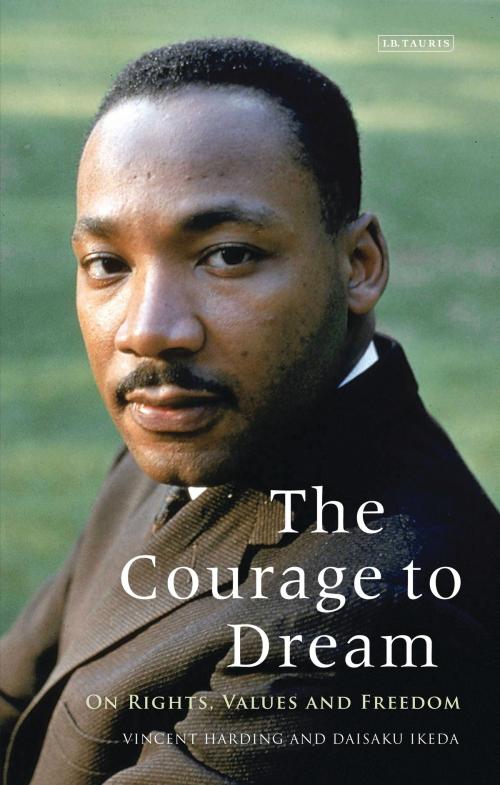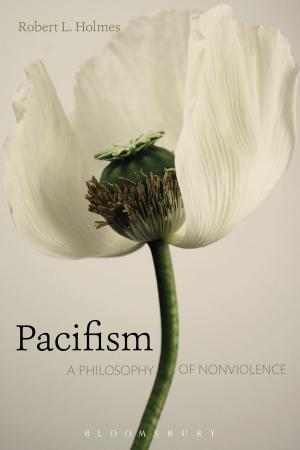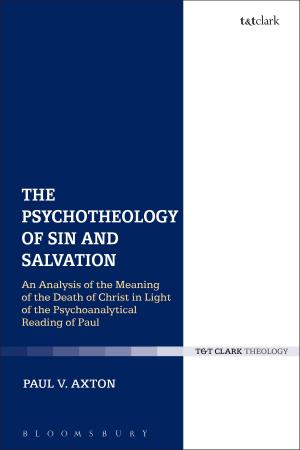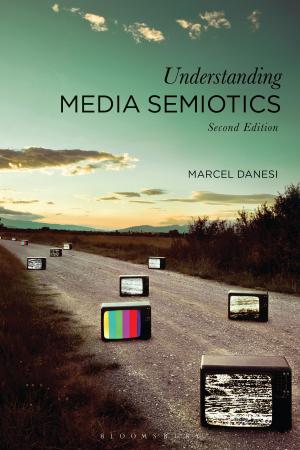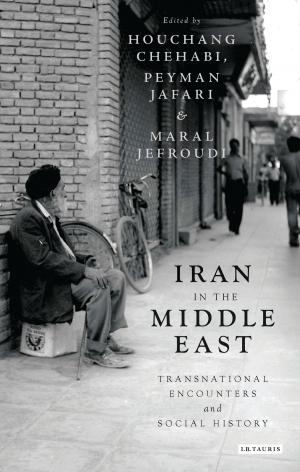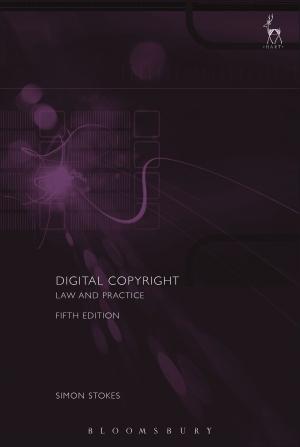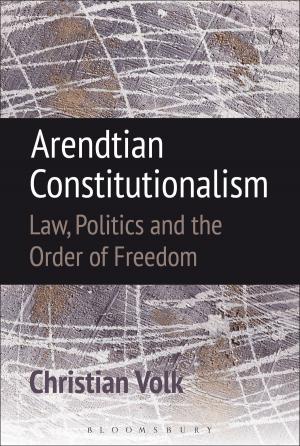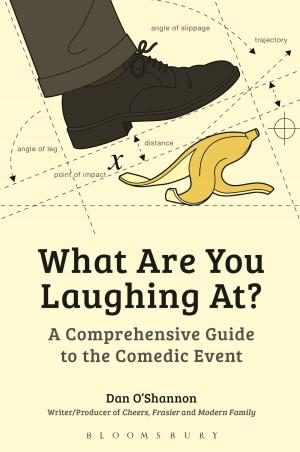The Courage to Dream
On Rights, Values and Freedom
Nonfiction, Social & Cultural Studies, Political Science, Social Science, History| Author: | Vincent Harding, Daisaku Ikeda | ISBN: | 9780857729736 |
| Publisher: | Bloomsbury Publishing | Publication: | October 23, 2015 |
| Imprint: | I.B. Tauris | Language: | English |
| Author: | Vincent Harding, Daisaku Ikeda |
| ISBN: | 9780857729736 |
| Publisher: | Bloomsbury Publishing |
| Publication: | October 23, 2015 |
| Imprint: | I.B. Tauris |
| Language: | English |
'I have a dream' declared Martin Luther King in 1967. Those words, which echoed round the world, soon became immortal. Slain by an assassin's bullet, King gave his life in the cause of eradicating racism, eliminating poverty and resolutely opposing all forms of war and violence. This dialogue brings together two figures who likewise have striven in all their activities to promote peace and fight discrimination: one a Christian theologian, historian and nonviolent activist who got to know King personally and who moved in 1958 from Chicago to the American South to participate in the nascent struggle for civil rights; the other a foremost Buddhist leader who has been inspired in his own thinking by King's example.
Vincent Harding and Daisaku Ikeda here bring the wisdom of their respective traditions and experiences to reflect on the personal cost of fighting for justice, and the courage that that entails. Their conversations range widely, across issues that include war and violence, the continuing blight in America of institutionalized racism, the need to overcome in society disparities of wealth and the consequent dangers of materialism and consumerism. In gripping first-hand testimony, Vincent Harding places both King and himself in the context of world changing events, such as the Montgomery bus boycott sparked by Rosa Parks; the famous March on Washington; the signing of the Civil Rights Act; King's growing opposition to the Vietnam War; and his assassination in 1968. This testimony includes discussion of Vincent Harding's central role as speech-writer to Dr King – especially the seminal speech 'Beyond Vietnam', which gained King many enemies – and reflection on his own imprisonment after leading a civil rights demonstration at Albany in 1962. Daisaku Ikeda similarly draws on his own rich experience of adversity, and shows that Buddhism recognizes, like Martin Luther King, that the painful story of the past is only half the story: with faith and courage one must also look to the possibilities of the future. It is just such a courage that sees potential in every human being: a vision of equality that gives all people, in the end, the courage to dream
'I have a dream' declared Martin Luther King in 1967. Those words, which echoed round the world, soon became immortal. Slain by an assassin's bullet, King gave his life in the cause of eradicating racism, eliminating poverty and resolutely opposing all forms of war and violence. This dialogue brings together two figures who likewise have striven in all their activities to promote peace and fight discrimination: one a Christian theologian, historian and nonviolent activist who got to know King personally and who moved in 1958 from Chicago to the American South to participate in the nascent struggle for civil rights; the other a foremost Buddhist leader who has been inspired in his own thinking by King's example.
Vincent Harding and Daisaku Ikeda here bring the wisdom of their respective traditions and experiences to reflect on the personal cost of fighting for justice, and the courage that that entails. Their conversations range widely, across issues that include war and violence, the continuing blight in America of institutionalized racism, the need to overcome in society disparities of wealth and the consequent dangers of materialism and consumerism. In gripping first-hand testimony, Vincent Harding places both King and himself in the context of world changing events, such as the Montgomery bus boycott sparked by Rosa Parks; the famous March on Washington; the signing of the Civil Rights Act; King's growing opposition to the Vietnam War; and his assassination in 1968. This testimony includes discussion of Vincent Harding's central role as speech-writer to Dr King – especially the seminal speech 'Beyond Vietnam', which gained King many enemies – and reflection on his own imprisonment after leading a civil rights demonstration at Albany in 1962. Daisaku Ikeda similarly draws on his own rich experience of adversity, and shows that Buddhism recognizes, like Martin Luther King, that the painful story of the past is only half the story: with faith and courage one must also look to the possibilities of the future. It is just such a courage that sees potential in every human being: a vision of equality that gives all people, in the end, the courage to dream
